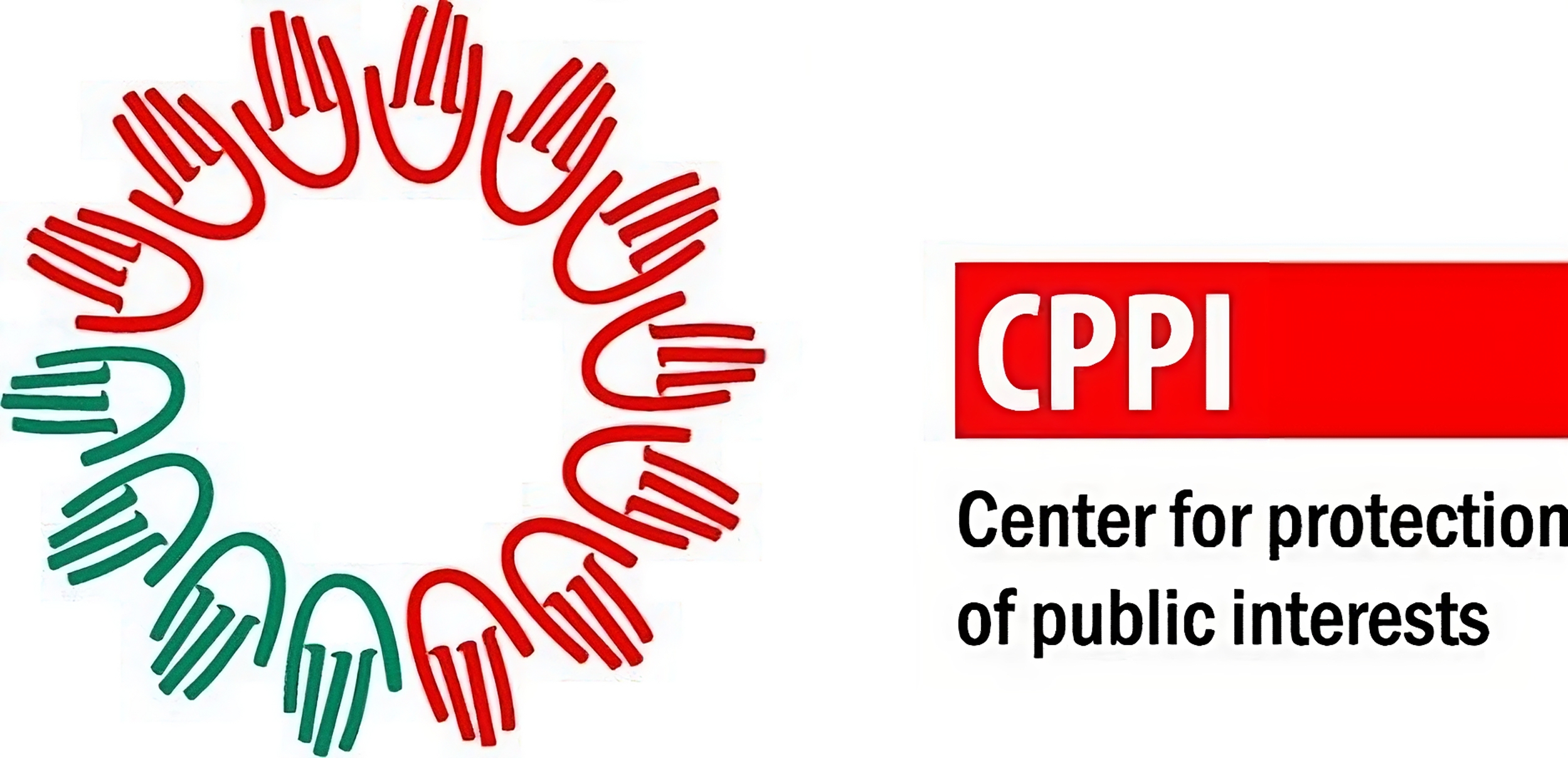What is OPCAT?
The Optional Protocol to the Convention against Torture (OPCAT) is a relatively new mechanism for protecting human rights in the UN system. The OPCAT focuses on prevention rather than response, and targets cooperation with authorities, rather than condemning them. Rather than investigating violations, the OPCAT bodiesare being pro-active as they can visit any closed institution at any time, regardless of complaints against such institution.
The main idea of the OPCAT is that the openness and transparency of closed institutions contribute to reduced number of violations. Since such institutions are by definition closed to the outside world, persons deprived of their liberty are particularly vulnerable and at risk of torture, ill-treatment, and other human rights violations.
After signing the OPCAT, the State undertakes to establish a National Preventive Mechanism (NPM), which will conduct regular visits to closed institutions. For the first time ever, the international treaty is focused on domestic implementation and creates a state body with certain powers to prevent torture and ill-treatment.
The United Nations Subcommittee on Prevention of Torture (SPT) is an international component of the visit system established by the OPCAT. This body also visits closed institutions of the State party to the OPCAT, provides recommendations to the public authorities and assists the NPM. The OPCAT is innovative in the wat that it establishes a direct communication between the NPM and the SPT. The triangular relationship between the SPT, the NPM and the State party creates a strong dialogue with the ultimate goal of protecting inmates in closed institutions.
 +996 554 999 222
+996 554 999 222







Follow us on social networks